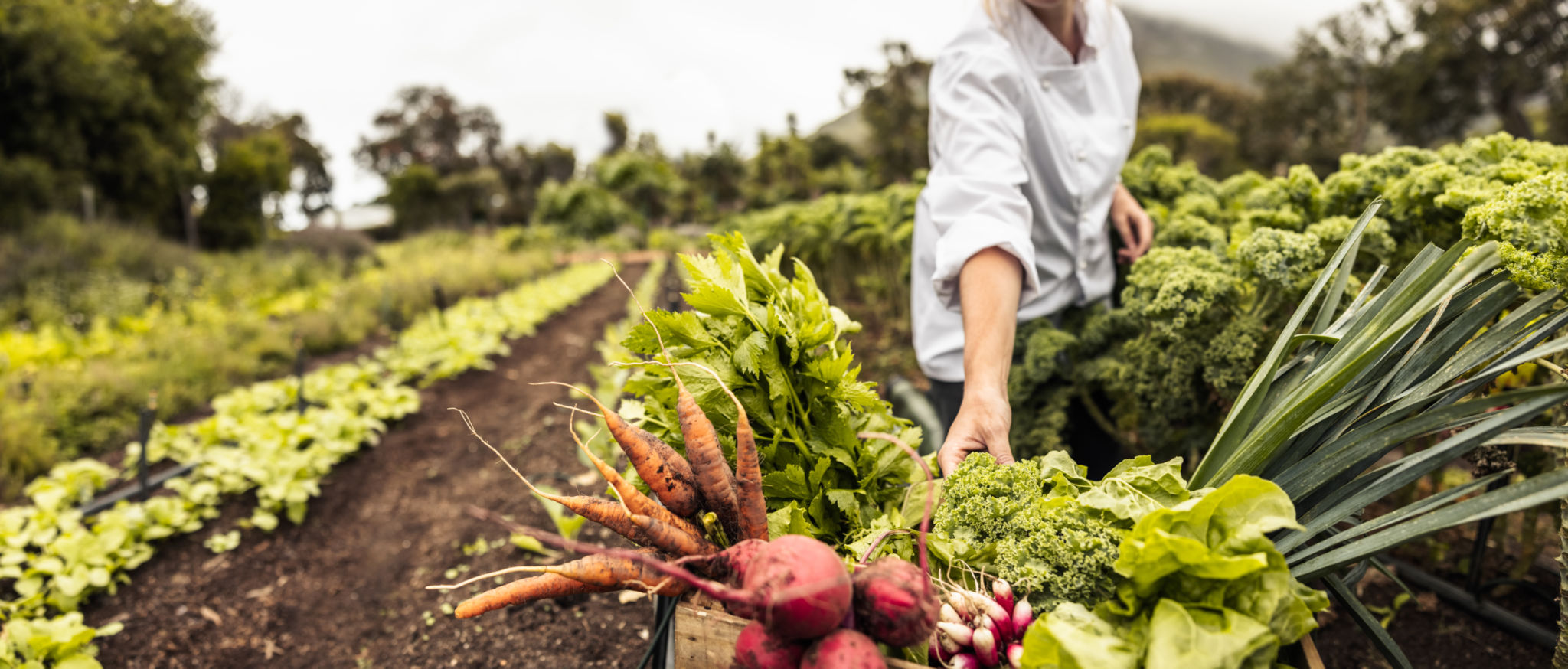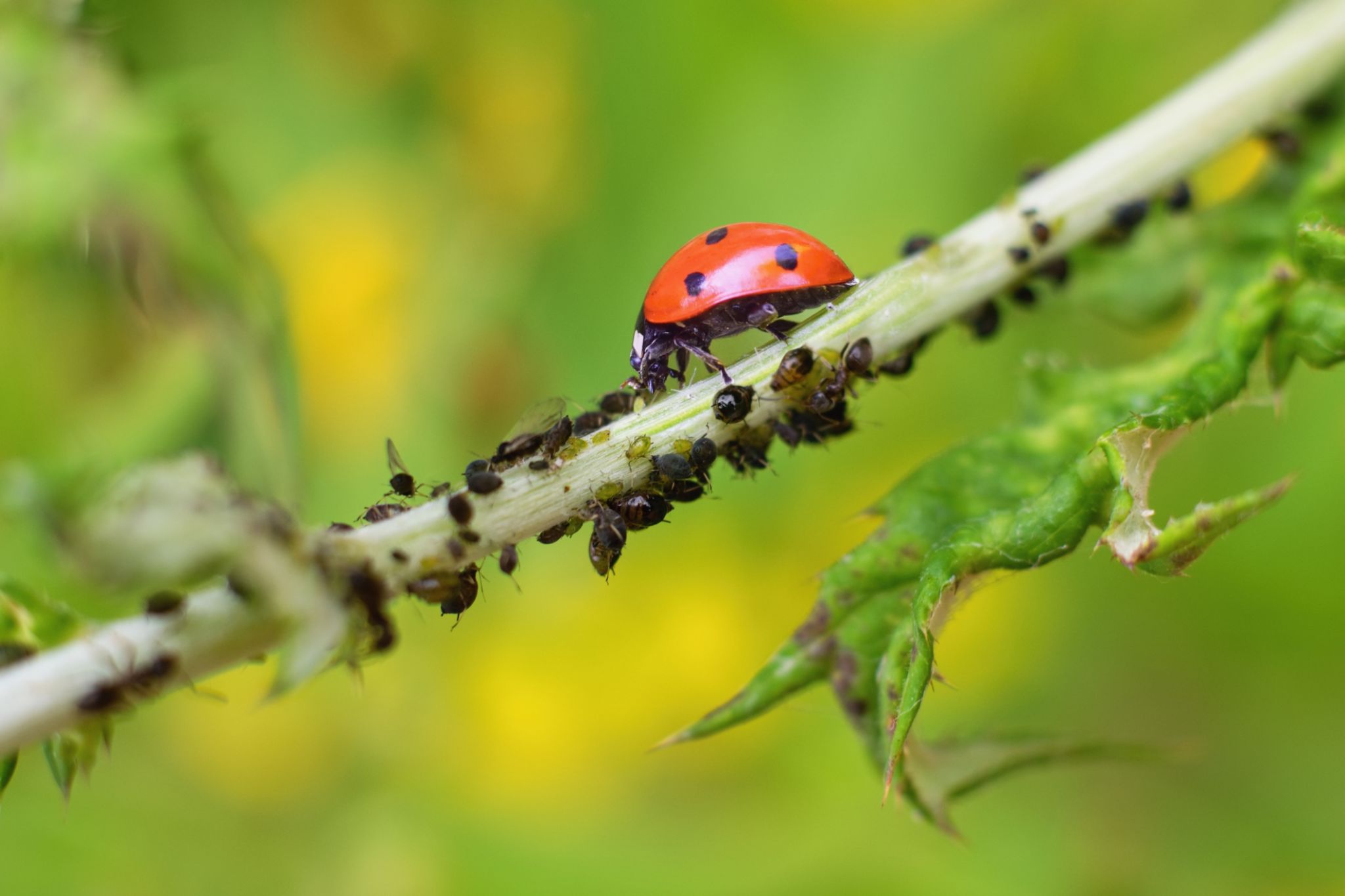Organic Farming Advice for Ocala Residents: Building a Greener Future
Understanding Organic Farming
Organic farming is more than just a trend; it's a sustainable approach to agriculture that respects natural ecosystems and enhances biodiversity. For Ocala residents, embracing organic farming means nurturing the local environment while producing healthier food options. This practice avoids synthetic fertilizers and pesticides, instead focusing on natural processes and cycles.

Benefits of Organic Farming
One of the primary benefits of organic farming is its positive impact on the environment. By eliminating harmful chemicals, organic farms help preserve soil health and protect water quality. Additionally, organic methods promote biodiversity, encouraging a wide range of plants and animals to thrive.
For consumers, organic produce often means healthier food choices. Organic fruits and vegetables tend to have higher levels of essential nutrients and antioxidants. Plus, knowing your food is grown without synthetic pesticides can provide peace of mind.
Getting Started with Organic Farming in Ocala
If you're considering starting an organic farm in Ocala, begin by researching the local climate and soil conditions. Understanding these factors will help you select crops well-suited to the area. Popular options include leafy greens, tomatoes, and herbs like basil and cilantro.

Soil Preparation and Maintenance
The foundation of any successful organic farm is healthy soil. Begin by testing your soil to determine its pH and nutrient levels. Based on the results, you can amend the soil with natural fertilizers like compost or aged manure to improve its fertility. Regularly rotating crops and planting cover crops can also help maintain soil health.
Implementing mulching techniques can further benefit your soil by retaining moisture and reducing weed growth. Organic mulches such as straw or wood chips are excellent choices that decompose over time, enriching the soil.
Pest and Weed Management
Effective pest and weed management is crucial for the success of an organic farm. Instead of relying on chemical solutions, organic farmers use natural methods to control pests. Introducing beneficial insects like ladybugs and lacewings can help keep harmful pests in check.

Crop rotation and companion planting are other strategies that can deter pests naturally. For weed control, hand weeding and using organic mulches are effective techniques that align with organic principles.
Building Community Support
Engaging with the local community is an essential aspect of organic farming success in Ocala. By participating in farmers' markets or creating a community-supported agriculture (CSA) program, you can connect with consumers interested in fresh, locally-grown produce.
Educating others about the benefits of organic farming can also foster support and increase demand for organic products. Hosting farm tours or workshops can be a great way to share your knowledge and passion with others.
Conclusion: A Greener Future
By adopting organic farming practices, Ocala residents can contribute to a healthier environment and community. With dedication to sustainable agriculture, we can build a greener future for generations to come. Whether you're an experienced farmer or just starting out, organic farming offers a rewarding path toward environmental stewardship and sustainable living.